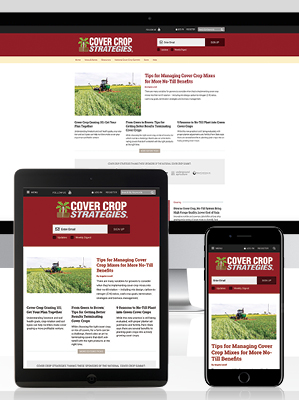A topic of rising concern in the Ag industry is soil health. All agriculture industries in some way or another depend on the land in order to raise crops or livestock animals. Over the years this dependence has continued to increase as farmers have been asked to produce the same amount of food with less resources, such as land.
Due to the increased demand for efficiency, farmers have had to pull more resources from the soil to make sure their production practices are as efficient as possible. The extra demand for resources from the soil has led to a decrease in overall soil health.
You may wonder what the term soil health implies. The NRCS defines soil health as “the continued capacity of soil to function as a vital living ecosystem that sustains plants, animals, and humans.”
The main goal in monitoring soil health is to make sure that soils stay sustainable and viable for future generations. There are many different indicators of soil health. Some of the measurements used to evaluate soil health include organic matter percentage, microbial activity, soil structure and nutrient cycling.
Research has been conducted across the U.S. to try to improve our agricultural soils. The target research area has been the Midwest due to the large amounts of agriculture production that takes place there, as well as the deteriorating soil health. By incorporating no-till seeding practices, increasing plant diversity and utilizing cover crops, success in restoring soil health has been found. While we’ve seen promising research conducted in the Midwest, out West, there is still a need to confirm these findings in our arid states.
One criticism with adopting soil health practices in the Western states is that we lack the precipitation that other states around the country receive. Research needs to be conducted in order to see what kind of results can actually be found from adopting good soil health practices. One popular topic of research in this area is the use of cover crops.
Our lives depend on the land. The ability of the land to produce food is what honestly keeps us going. No one understands this better than our farmers. Caring for the land and making sure it is available for future generations is just one of the many reasons to thank a farmer.




Post a comment
Report Abusive Comment